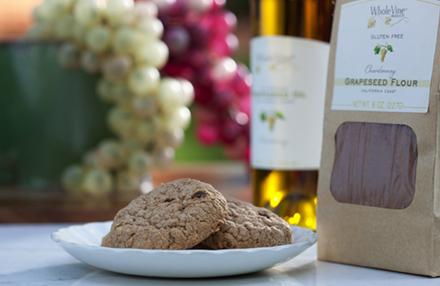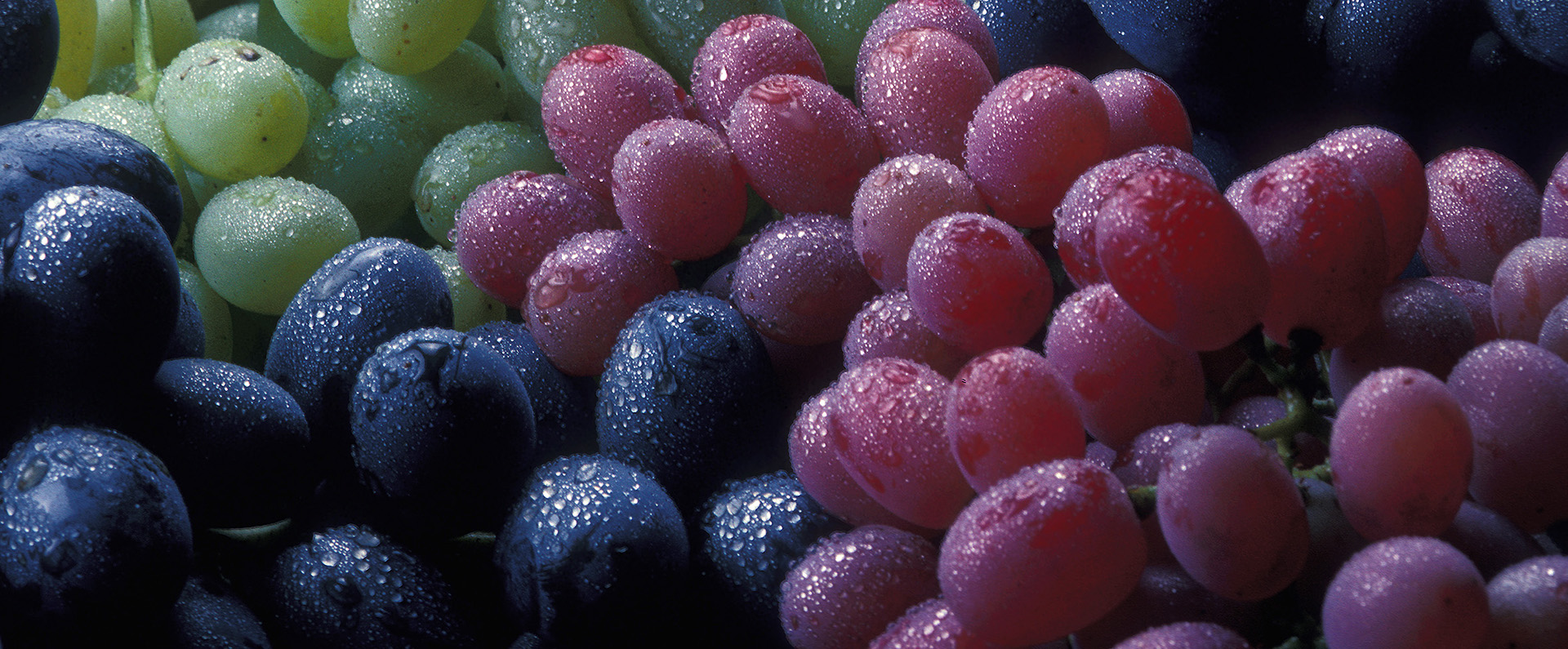Squeezing More Value from Wine Grapes

California is known as “wine country,” but for every two bottles of wine made, one bottle of waste is produced in the form of grape stems, seeds, and skins.
These byproducts of wine-making aren’t worthless, however. Take, for example, grape seeds. Not only do the seeds contain many healthful compounds, such as protein, lipids, carbohydrates, and antioxidants, but they also can be made into a health-promoting flour, ARS chemists in Albany, CA, found.
In laboratory trials with obese mice and hamsters, a diet of grapeseed flour reduced the rodents’ blood cholesterol by 37 percent and abdominal fat by 35 percent. A grape skin study showed similar cholesterol-lowering benefits.
Encouraged by the findings, the researchers and their collaborators conducted human clinical trials to find out if the same thing happens to people, potentially benefiting human health and creating a new, value-added market for grape growers and the U.S. winery industry, which generates about $40 billion annually in domestic sales and is driven in large part by California, Washington State, and Oregon.
Related Information
Podcast: Health Benefits of Wine Grape Flours



